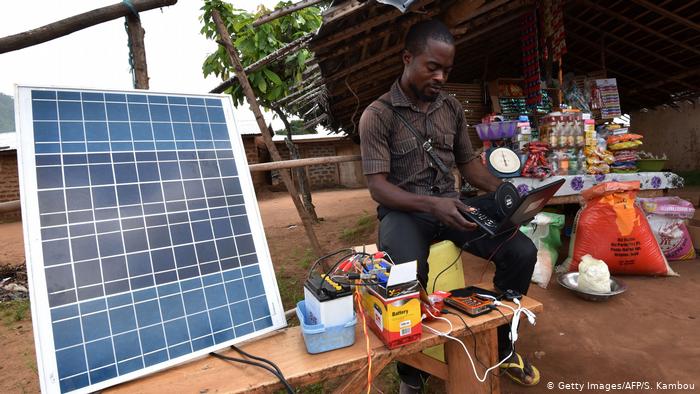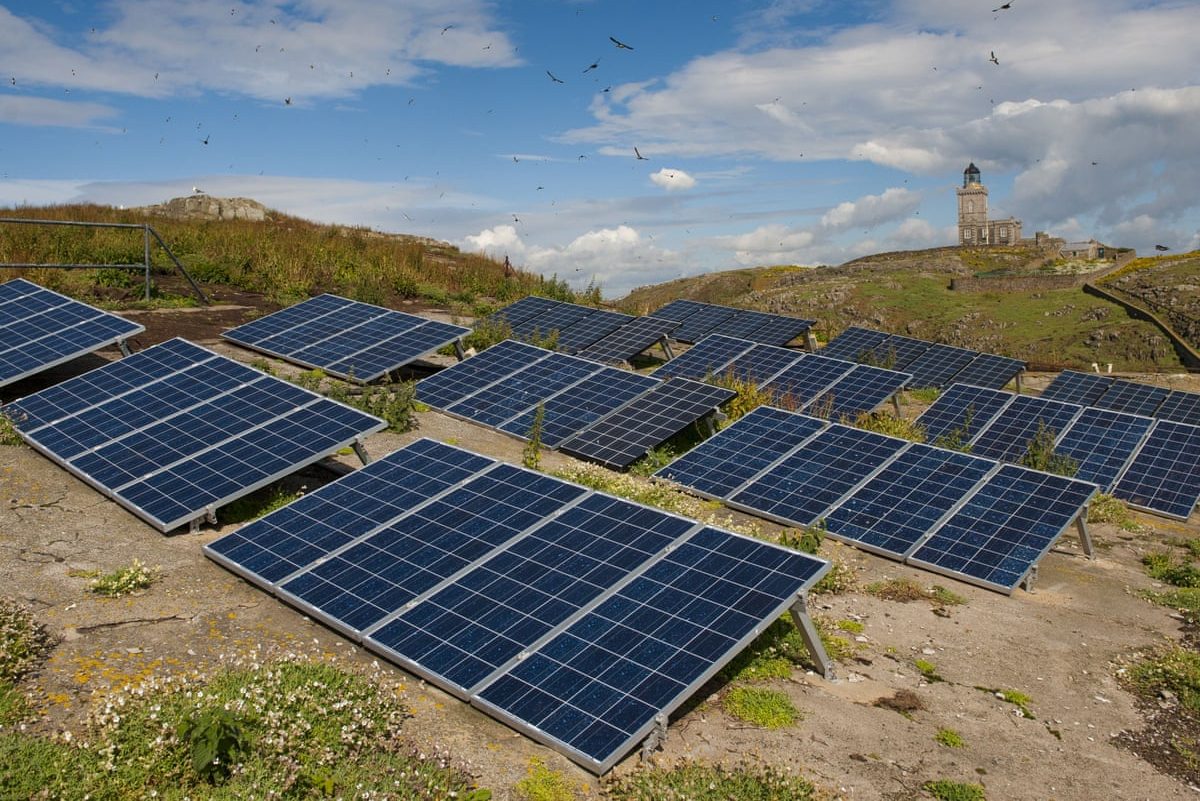
Solar energy has become a trend when it comes to green energy options. More and more people are turning to solar energy to power their homes, businesses, and other buildings. But what do you need to know before you make the switch?
If you’re thinking of switching to a renewable energy source or wanting to have a fully solar-powered house, read on to learn more.
What is solar electricity?
Solar power is harnessed from the sun’s direct sunlight or the sun’s energy. It is dependent on how much sunlight can be converted to electricity or used in other forms of renewable energy. It is the most common method of collecting solar energy, which can then be used to generate electricity to completely power your home.
Solar panels are made up of photovoltaic cells, which absorb sunlight and convert it into DC power. Then, this DC power goes through an inverter, which changes it into AC power that can be used to produce as much electricity possible. to power your home.
Can solar panels power an entire home? Is your home a good candidate for solar panels?
The answer is yes.
Several factors determine this, like your average home’s energy consumption or monthly power usage, how many watts you want to produce or how much power you need to keep your entire house or power electronic devices efficiently, and how many panels your roof can accommodate.
A professional solar panel or solar panel system installation company can take a closer look at your whole house and determine your energy usage, how much electricity or energy your devices need, your overall power rating, how many solar panels you need, and solar panels cost to have sufficient solar energy.
A reliable solar installation or home solar system professional can also work with net metering options from the electricity grid to maximize the solar production environment. When you install solar panels, your excess energy or excess electricity usage to power your house will be transferred to your utility company.
One important thing to remember is that you’ll need to store extra power produced during the day in solar batteries or rely on your local utility company to supply electricity.
While the initial investment in installing solar panels may seem expensive, over time they can save you significant amounts of money on your electricity costs and utility bills.
Assessing your home’s suitability for solar panels
Factors to consider when evaluating solar panel installation to power your whole house
Orientation and shading
The orientation of your roof determines how much sunlight it receives throughout the day, and it should ideally face south in the northern hemisphere and north in the southern hemisphere. South-facing roofs receive the most direct sunlight, making solar panel installations ideal.
Any obstructions that can block sunlight, such as trees, tall buildings, or neighboring structures, should be removed from your roof. If your roof has shading issues, you may want to consider ground-mount or solar canopy systems as alternatives.
Roof condition
Solar panels are designed to last for decades, so it’s important to make sure they have a solid, stable surface to attach to. Here are some things to think about when deciding whether or not to install solar panels on your roof:
Solar panels typically last 25 to 30 years, so your roof should have at least 10 to 15 years of life left before installing solar panels. If your roof is on its last legs, you may need to replace it before installing solar panels. In some cases, you may need to add more support to your roof to make sure it can hold the weight of the solar panels.
Roof pitch
When solar panels are put on a roof with a pitch of 15 to 40 degrees, they work best. If your roof is too flat or too steep, you might not be able to put solar panels on it. Tilted racks or ballasted systems, for example, are solutions for flat or steep roofs.
Permitting requirements
In the US, most local governments need permits before solar panels can be put up. The process of getting a permit makes sure that your installation is safe and up to code. Some common requirements for getting a permit are:
- Building permits
- Electrical permits
- Interconnection agreements from your local utility company
Zoning Requirements:
Zoning laws say how a property can be used, like if solar panels can be put up or not. Some common rules about zoning are:
- Setback requirements
- Height limits
- Aesthetic requirements
How many solar panels do you need to generate energy?
To figure out how many solar panels you’ll need, start by calculating your household’s energy consumption using your utility bills or electricity bills. A 1 kW system generates approximately 4 kWh of energy per day, so you can estimate the size of your solar panel system or the solar panel wattage required to meet your energy needs.
A battery storage system, which should be at least as large as your solar system, can also store excess energy. Having a professional install your solar panels can help you make sure that your system meets your energy needs.
It is also essential to consider when power usage fluctuates. You need to determine the energy output or solar power it requires to produce electricity sufficient for your home’s needs.
Living with Solar Power: Tips to Power Your Entire Home
Many homeowners are switching to renewable energy to reduce their carbon footprint and save money on their energy bills. Here are some suggestions for living with solar power:
Choosing an experienced solar installer
Conduct research and seek advice from friends and family members who have gone solar. Look for installers who are licensed and insured. A reputable solar installer will also assist you in determining the appropriate size of your solar panel system and battery storage system to meet your energy requirements.
Connecting to the power grid and obtaining permits
Conclusion
To get the most out of your solar panel system, you need to be aware of how much energy you use and change the way you do things.
Going solar to power your entire home is an excellent way to save money on your monthly electricity bill while also lowering your carbon footprint. Choosing a reputable solar installer and obtaining the necessary permits are critical to ensuring that your system is code-compliant.
Are you ready to make the switch? We’re here to assist! Contact us today to learn more or to arrange a consultation with one of our skilled solar installers. Don’t put off enjoying the advantages of clean, renewable energy in your home.


